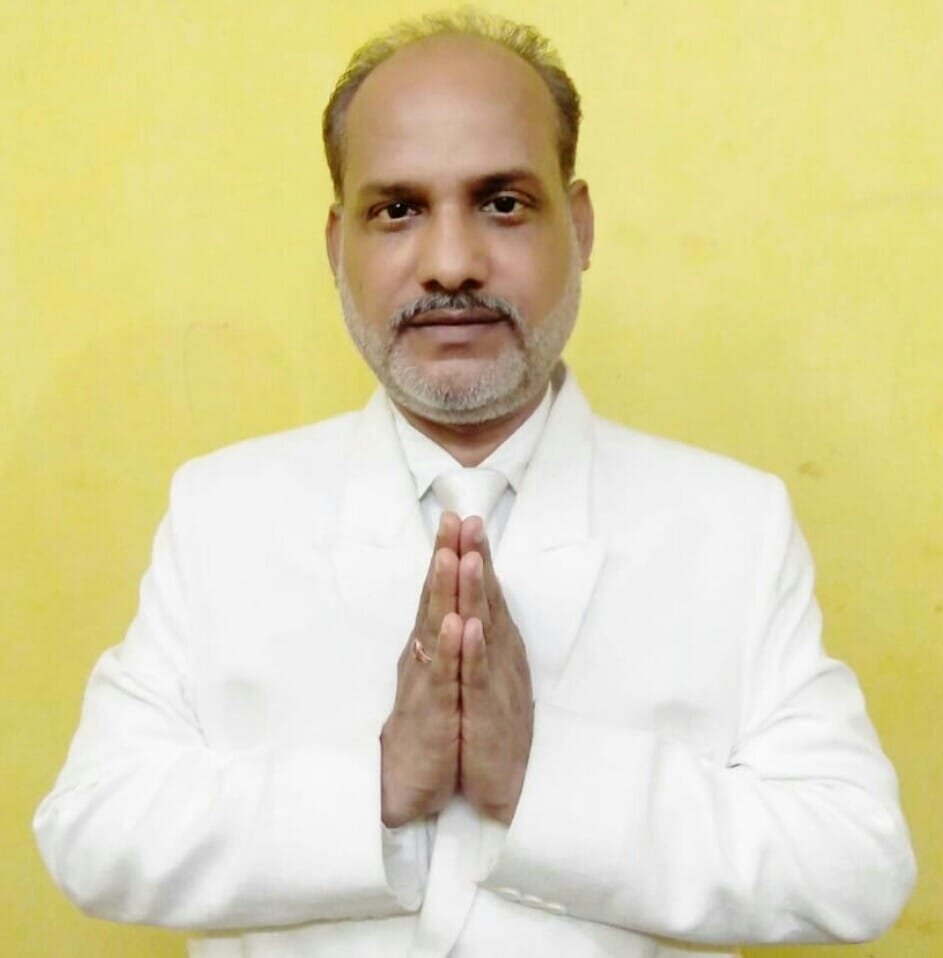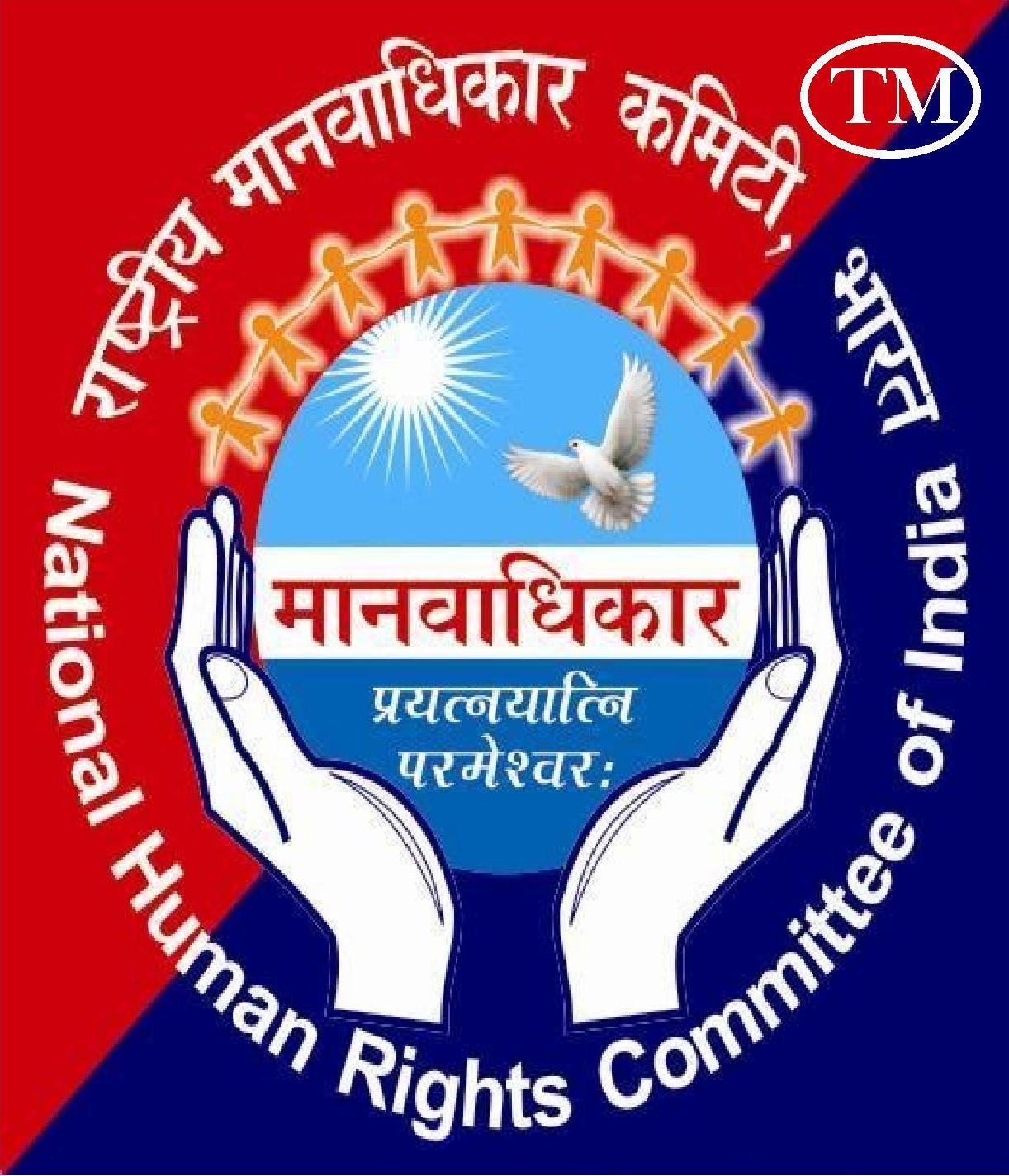Accessibility Plan
An Accessibility Plan sets out how each local authority plans to improve access to employment, learning, health care, food shops and other services of local importance, particularly for disadvantaged groups and areas. Accessibility targets are defined in the accessibility plans, these are often the distance or time to access services by different modes of transport including walking, cycling and public transport.
Another dimension of accessibility is the ability to access information and services by minimizing the barriers of distance and cost as well as the accessibility and usability of the interface. In many countries this has led to initiatives, laws and/or regulations that aim toward providing universal access to the internet and to phone systems at reasonable cost to citizens.
Social inclusion
Social inclusion refers to a policy designed to ensure that all people are able to participate in society regardless of their background or specific characteristics, which may include: race, language, culture, gender, disability, social status, age, and other factors. Compared to the general population, groups with such special characteristics are much more likely to face low education, unemployment, homelessness -- and resulting poverty and social exclusion.
The goal of social inclusion is to give all people an equal chance for participation in society. In order to achieve this goal, the barriers to participation in all aspects of life, such as education, employment, leisure, and citizenship must be addressed. The barriers may be material, such as physical inaccessibility; but very often the barriers are intangible, for example, discrimination, which serves to exclude.
An inclusive society, by definition, is characterized by respect for identity of all and a reasonable balance between the rights and duties of all individuals and society as a whole.
Social inclusion refers to a policy designed to ensure that all people are able to participate in society regardless of their background or specific characteristics, which may include: race, language, culture, gender, disability, social status, age, and other factors. Compared to the general population, groups with such special characteristics are much more likely to face low education, unemployment, homelessness -- and resulting poverty and social exclusion.
The goal of social inclusion is to give all people an equal chance for participation in society. In order to achieve this goal, the barriers to participation in all aspects of life, such as education, employment, leisure, and citizenship must be addressed. The barriers may be material, such as physical inaccessibility; but very often the barriers are intangible, for example, discrimination, which serves to exclude.
An inclusive society, by definition, is characterized by respect for identity of all and a reasonable balance between the rights and duties of all individuals and society as a whole.
Social protection
Social protection is concerned with preventing, managing, and overcoming situations that adversely affect people’s well being. Social protection consists of policies and programs designed to reduce poverty and vulnerability by promoting efficient labour markets, diminishing people`s exposure to risks, and enhancing their capacity to manage economic and social risks, such as unemployment, exclusion, sickness, disability and old age.
Social protection aims to enhance the capacity of poor and vulnerable persons to manage economic and social risks, such as unemployment, exclusion, sickness, disability and old age. Policy interventions can improve their well-being by, among other things, moderating the impact of shocks causing sharp reductions in their income or consumption. Social protection and provision can also enhance the productive capabilities of poor men and women, reducing poverty and inequality and stimulating pro-poor growth.
Social protection focuses on the threats to well-being arising from hazards, risks and stresses.

NATIONAL PRESIDENT MR. G. L. GUPTA
National Human Rights Committee of India is a Non Government Organisation headed by National President Mr. G. L. Gupta has successfully played its role in Helping the Needy & Poor People. Our Motto is not to be against the Government rather we aim to weed out corruption from very grass root level by cutting off its roots. there is need of proper guidance and action to suppress it but we should create an action not to suppress it only but also kick out the causes which are responsible to create such environment. JAI HIND
All Contribution / Donation / Fees Etc
To Be Made By Cheque / DD/ MO In the Favor of NATIONAL HUMAN RIGHTS COMMITTEE OF INDIA. HDFC BANK LTD. BRANCH HOWRAH, RTGS/NEFT/IFSC CODE NO. HDFC0001988 A/C NO. 19887620000037. Pay instantly from anywhere in India by depositing Your Cheque / Cash in our HDFC account at your nearest HDFC Bank branch or Transfer funds through Net Banking. If you are depositing cheque please add Rs.50/- Extra for every cheque and if you are depositing cash add Rs.100/- Extra for every challan towards banking charges. You should add this amount while making a deposit otherwise it will be subtracted before crediting to your account. If you are depositing HDFC cheque in our HDFC bank account then no need to add extra amount. Disclaimer: Neither NHRC nor COMMITTEE MEMBER is responsible for any inadvertent error that may have crept in the information being published on NET.

Projects
Hours Of Support
Active Member's
Call To Action
Call To ActionContact
Location:
10/1, Panjari Para Lane, Salkia Howrah, West Bengal Pin - 711106
Email:
Call:
+91 9883750419 / +91 9007871619
